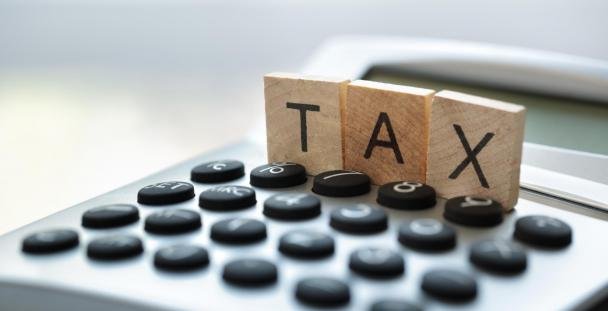Those who are unable to find suitably accessible software to comply with HMRC’s Making Tax Digital (MTD) for VAT rules can apply for a temporary exemption, said the Low Incomes Tax Reform Group (LITRG).
HMRC is not providing in-house software for MTD for VAT. Instead, it is working with the software industry to provide a solution for all taxpayers, including those with accessibility requirements. Currently, there are only a handful of products which meet various accessibility needs.
LITRG believes that the unavailability of suitable software products on the commercial market may constitute grounds for claiming a temporary exemption until suitable software becomes available.
“While more accessible software providers have recently been added to the GOV.UK website, we are disappointed that there is not more software available to meet various accessibility needs now that MTD for VAT is mandatory. We urge those with accessibility needs who cannot find software that enables them to comply to contact the HMRC VAT helpline as soon as possible to request a temporary exemption,” commented Head of Team at LITRG Victoria Todd.
MTD requires businesses registered for VAT with a taxable turnover above the VAT registration threshold of £85,000 to keep digital VAT records and to file VAT returns using MTD compatible software.
Todd advises that businesses should continue to check HMRC’s software choices tool to see whether new software is available that meets their requirements. In the meantime, affected taxpayers should continue to file their VAT returns and pay any VAT due as they were doing before the new rules were introduced.
The MTD for VAT rules allow those who have difficulty using digital tools due to age, disability, location or any other reason to apply for an exemption from the requirements. Although the exemptions are set out in full in HMRC’s detailed technical guidance, they are not covered accurately on the main GOV.UK website pages and no link is provided from those pages to the technical guidance, explained LITRG.
“It is crucial that taxpayers have easy access to guidance about these exemptions so they can understand whether one of the exemptions might apply to their situation,” said Todd. “It is not helpful for the full detail of the exemptions to be hidden away in technical guidance that is difficult for people to find. This should be corrected by HMRC as a priority.”


